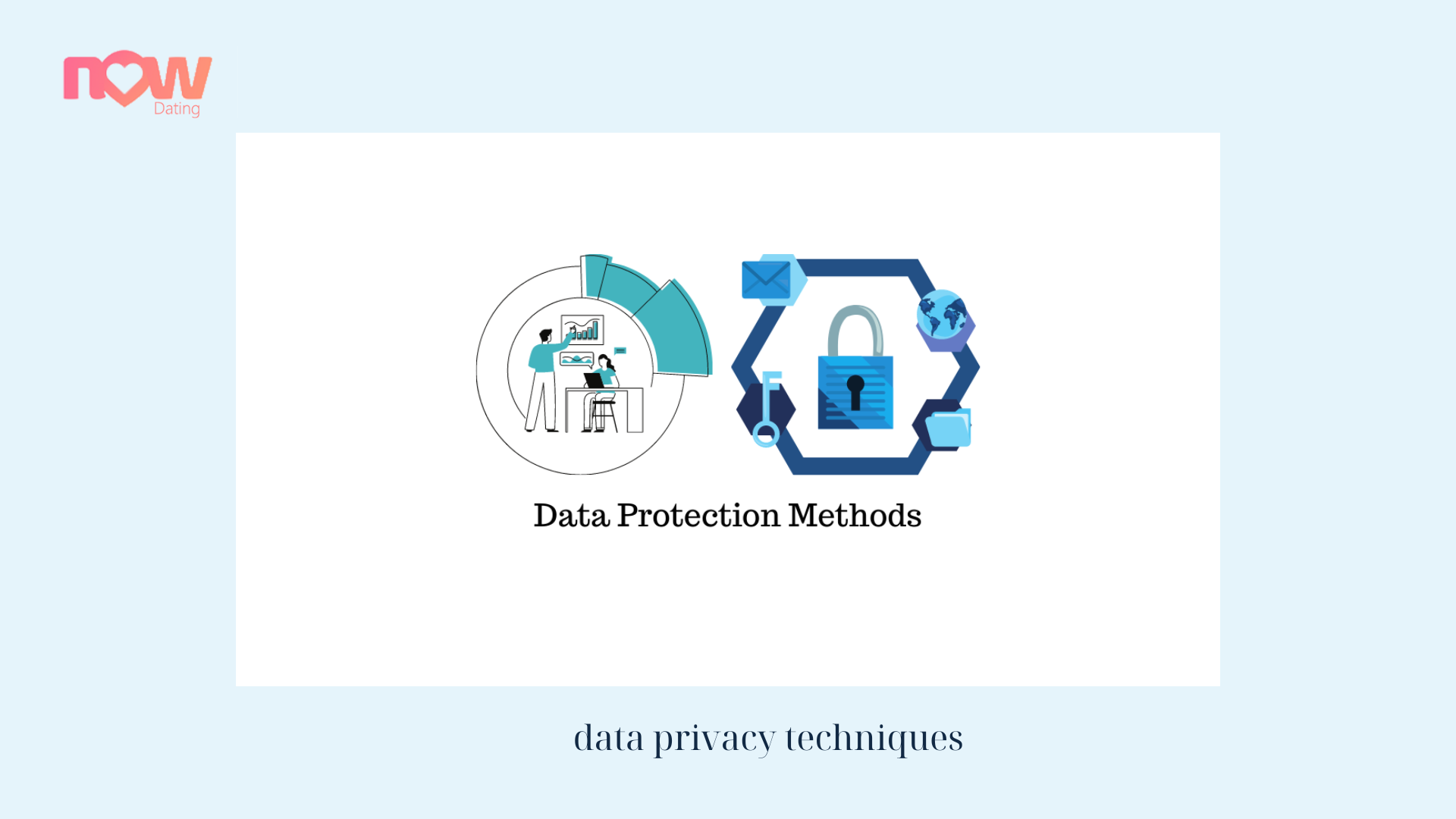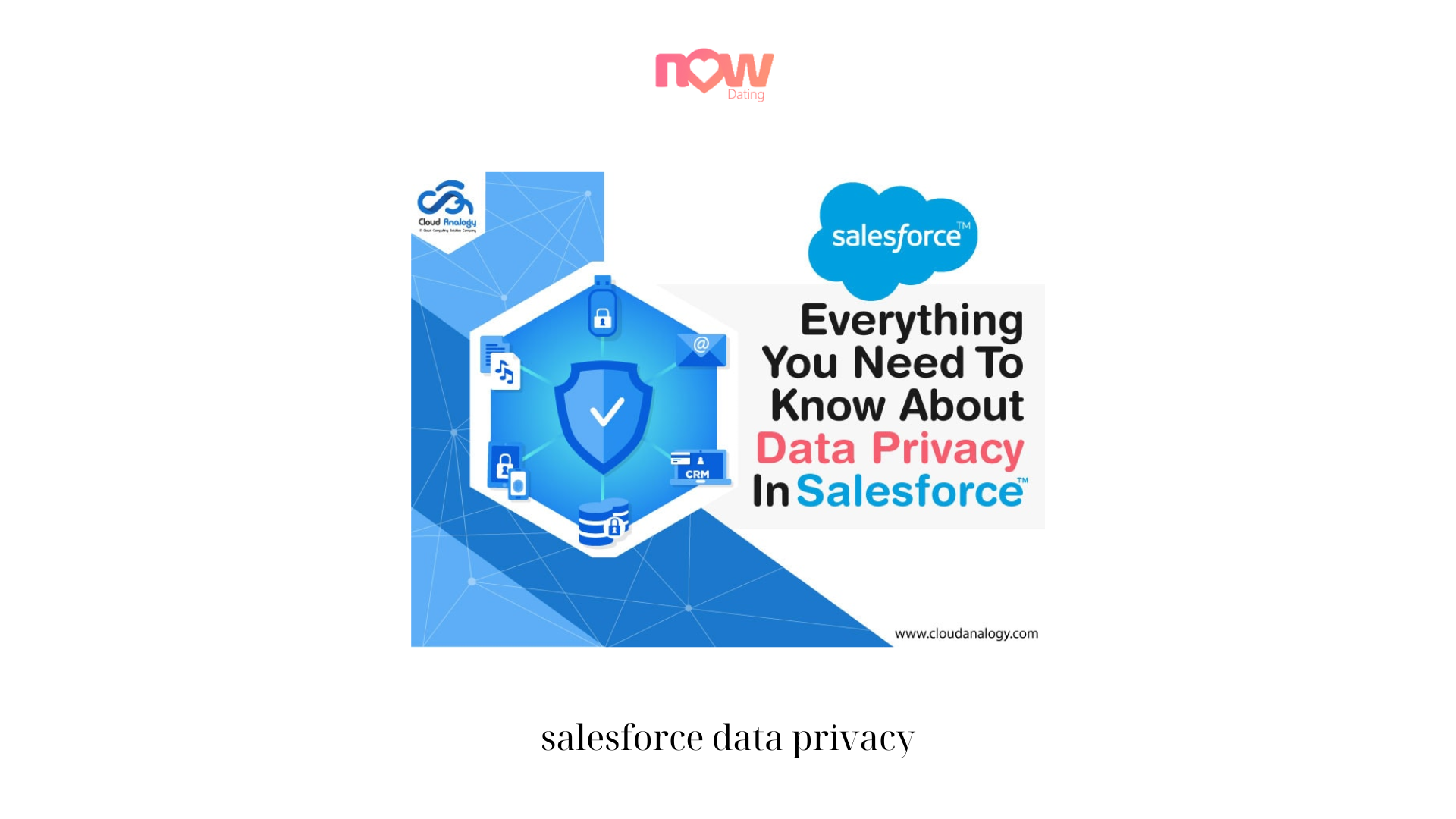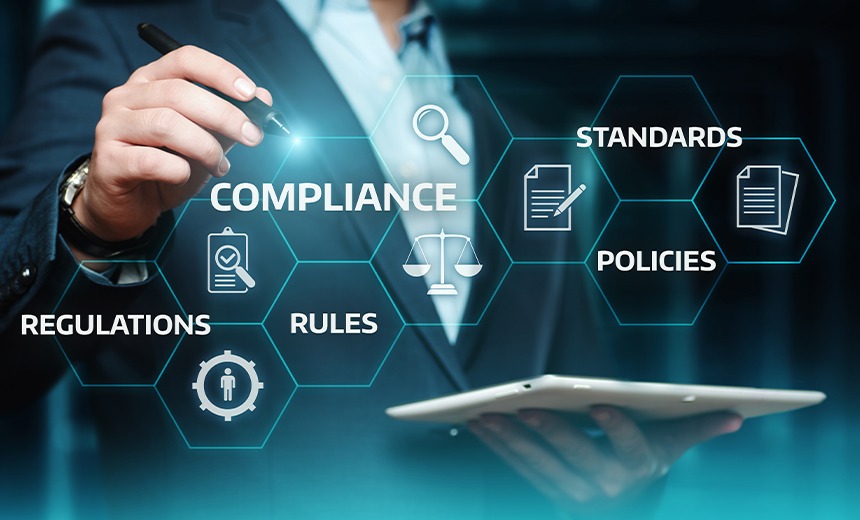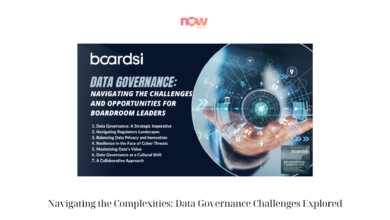Big Data Governance: Ensuring Data Security and Privacy

Big data governance is the process of managing the availability, usability, integrity, and security of the data used for big data analytics. With the explosion of data in recent years, organizations need to implement effective big data governance practices to ensure that their data is managed effectively, securely, and in compliance with relevant regulations. Here’s everything you need to know about big data governance.
What is big data governance?
Big data governance is the process of creating policies and procedures that ensure that data is handled in a consistent, secure, and compliant manner across the organization. It involves managing the availability, usability, integrity, and security of the data used for big data analytics.
Why is big data governance important?

Big data governance is important because it helps organizations maximize the value of their data while mitigating risks associated with data management.For many businesses and industries, especially those that must adhere to regulations, including those in finance and insurance, data governance is crucial. Organizations must have formal data management procedures to oversee their data throughout its lifecycle in order to achieve compliance.
Even after you have achieved regulatory compliance, your firm must continue to maintain an effective data governance policy. Your business processes and upcoming actions will benefit more from your data when it satisfies quality criteria. Organizations that are data-driven use their data to reach out to customers and make new decisions, which is difficult without high-quality data.
Maintaining data accuracy in your organization depends heavily on data governance. Your decision-making will be based on inaccurate information without accurate data, squandering time and money. After all, a shaky foundation makes it impossible to jump. Data governance contributes to the stability of that base.
The components of big data governance
Data quality: Ensuring that data is accurate, complete, and consistent.
Data security: Implementing policies and procedures for data access, data storage, and data transmission to protect data from unauthorized access, theft, or loss.
Data privacy: Ensuring that data is collected, used, and shared in compliance with relevant regulations and standards, such as GDPR or CCPA.
Data management: Managing the entire data lifecycle, including data acquisition, storage, processing, analysis, and disposal.
Data governance framework: Establishing policies, procedures, and roles and responsibilities for managing data effectively and efficiently.
What are the benefits of big data governance?

Improved data quality: By ensuring that data is accurate, complete, and consistent, organizations can make better-informed decisions based on reliable data.
Reduced risk: By implementing policies and procedures for data security and privacy, organizations can mitigate the risks associated with data breaches, cyber attacks, and non-compliance with regulations.
Increased efficiency: By streamlining data management processes, organizations can reduce the time and effort required to manage their data, freeing up resources for other activities.
Improved compliance: By adhering to relevant regulations and standards, organizations can avoid penalties and reputational damage associated with non-compliance.
Better decision-making: By providing reliable data and analytics, organizations can make better-informed decisions that drive business growth and innovation.
What are the challenges of big data governance?
The challenges of big data governance
Data complexity: With the volume, velocity, and variety of data, it can be challenging to manage data effectively and efficiently.
Data security: Ensuring that data is protected from unauthorized access, theft, or loss is a complex task, especially with the increase in cyber attacks and data breaches.
Data privacy: Compliance with relevant regulations and standards, such as GDPR or CCPA, can be a complex task, especially for multinational organizations that operate in different jurisdictions.
Organizational silos: Different departments may have different data management practices, which can lead to silos and inconsistencies in data management practices.
Lack of expertise: Effective big data governance requires a combination of technical, legal, and organizational expertise, which may be challenging to find within an organization.
What are the best practices for big data governance?
The best practices for big data governance include:
Establishing a data governance framework: A data governance framework should be established to define policies, procedures, roles, and responsibilities for managing data effectively and efficiently.
Defining data quality standards: Data quality standards should be defined to ensure that data is accurate, complete, and consistent.
Implementing data security measures: Data security measures should be implemented to protect data from unauthorized access, theft, or loss.
Ensuring data privacy: Data privacy policies and procedures should be implemented to ensure that data is collected, used, and shared in compliance with relevant regulations and standards.
Managing the data lifecycle: The entire data lifecycle, from data acquisition to disposal, should be managed effectively and efficiently.
Creating a data catalog: A data catalog should be created to provide an inventory of the data assets available within an organization.
Educating employees: Employees should be educated on the importance of data governance and the policies and procedures in place to manage data effectively and securely.
What are the tools for big data governance?
There are several tools available for big data governance, including:
Data quality tools: These tools are used to ensure that data is accurate, complete, and consistent.
Data security tools: These tools are used to secure data from unauthorized access, theft, or loss.
Data privacy tools: These tools are used to ensure that data is collected, used, and shared in compliance with relevant regulations and standards.
Metadata management tools: These tools are used to manage metadata, which provides context and structure to data.
Data lineage tools: These tools are used to track the movement of data across systems and processes.
Data catalog tools: These tools are used to create a data catalog, which provides an inventory of the data assets available within an organization.
What are the trends in big data governance?
Some of the trends in big data governance

Artificial intelligence (AI) and machine learning (ML): AI and ML are being used to automate data governance tasks and improve data quality and security.
Cloud-based data governance: Cloud-based solutions are becoming more popular for big data governance, as they offer scalability, flexibility, and cost-effectiveness.
Data ethics: There is a growing focus on data ethics, with organizations taking a more responsible approach to data management and usage.
Regulatory compliance: The regulatory landscape is constantly evolving, with new regulations and standards being introduced to protect data privacy and security.
Conclusion
In conclusion, big data governance is a critical process for managing the availability, usability, integrity, and security of data used for big data analytics. It helps organizations maximize the value of their data while mitigating risks associated with data management. By implementing effective big data governance practices, organizations can improve data quality, reduce risk, increase efficiency, ensure compliance, and make better-informed decisions.
Conclusion: So above is the Big Data Governance: Ensuring Data Security and Privacy article. Hopefully with this article you can help you in life, always follow and read our good articles on the website: qule.info





